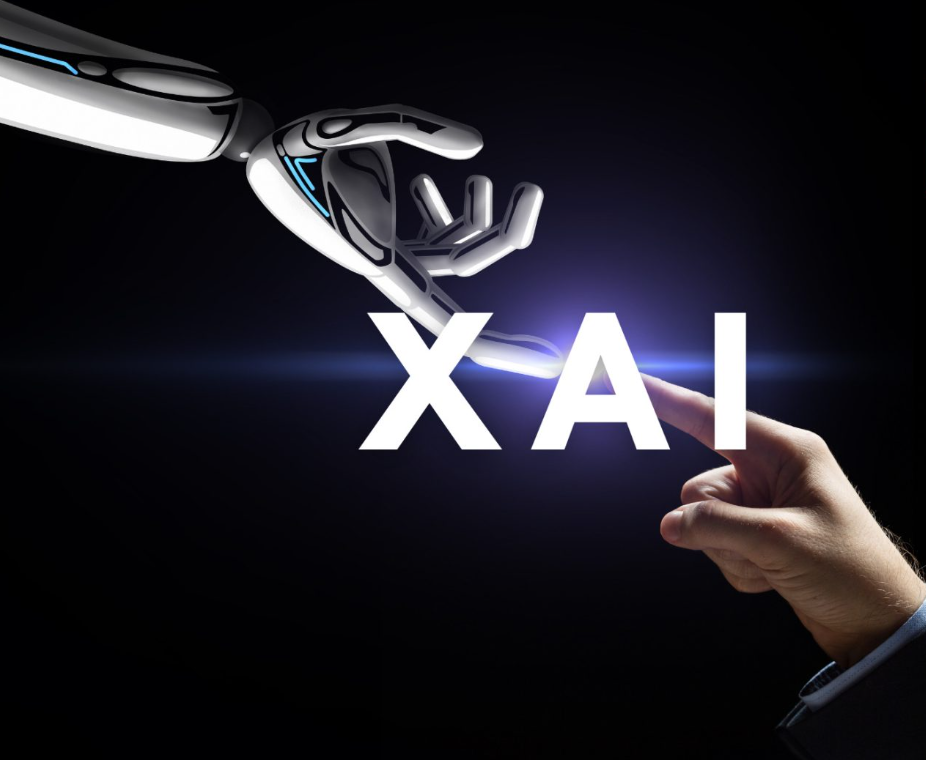Software developers have numerous concerns that
can disrupt their sleep patterns. Previously focused on mastering algorithms in
preferred languages like C, C++, Erlang, Java, Python etc., their primary worry
now shifts to artificial intelligence (AI).
In this article, we delve into AI's role in
coding and address the question: Will AI supplant programmers?
The adoption of generative AI has surged in
recent years, driven largely by the availability of sufficient computational
power to run deep learning algorithms and the vast amounts of data required to
train machine learning models. Generative AI coding tools are revolutionizing
the software development process. However, these advancements also introduce
uncertainty. As AI takes on coding tasks, what implications will this have for
software developers?
Researchers at the U.S. Department of Energy's
Oak Ridge National Laboratory predict that by 2040, advancements in machine
learning and natural language processing will enable AI to write superior
software code faster than human developers.
Oxford University's "The Future of
Employment" study warns that as machine learning progresses, software
engineers may face automation, with algorithms optimizing software design
choices.
For industries like safety-critical software
development, ensuring high-quality, functional code is essential. If AI is
tasked with coding, ensuring error-free and issue-free results becomes crucial.
This extends to AI's role in software testing, where its ability to detect
coding errors surpasses human capabilities.To ensure safe, secure, and reliable
code produced by AI, employing a static code analyzer is essential. This
verification step is critical in maintaining quality and mitigating risks
associated with AI-generated code.
Will generative AI replace coders?
Generative AI is unlikely to replace software engineers entirely. Instead, AI is already augmenting developers' capabilities by assisting in writing code more efficiently. Tools like ChatGPT, GitHub Copilot, and OpenAI Codex serve as AI-powered coding assistants, aiding developers in producing better code faster.These AI tools can swiftly generate high-quality code snippets, pinpoint errors and flaws, and propose enhancements to code segments. However, creating full-scale, production-ready code that spans extensive projects will still require human oversight and expertise for the foreseeable future.
AI driven coding in future
It will become effective at automating tasks
and helping developers understand their options. And it will then let the human
decide how to optimize for circumstances beyond AI’s understanding. Software
developers are increasingly integrating AI as a coding partner to enhance
software quality. This trend is already underway and is expected to grow as AI
capabilities expand beyond generating only a few lines of code at a time.
Developers are incorporating AI pair programming tools directly into their
Integrated Development Environments (IDEs).
Similar to traditional paired programming with
humans, AI tools collaborate with developers by executing coding tasks based on
prompts. Afterward, developers review and refine the generated code. This
approach contrasts with earlier, more labor-intensive methods, as AI can
accelerate certain aspects of the Software Development Life Cycle (SDLC) faster
than human developers. This efficiency allows developers to allocate more time
to tackling complex tasks that require creative problem-solving and strategic
thinking.
The question of whether AI will replace coders
is a complex and nuanced one. Let's break it down:
Automation of Routine Tasks
AI and automation can certainly replace coders
for certain routine tasks such as basic bug fixing, generating boilerplate
code, or even some aspects of testing. This can free up developers to focus on
more creative and complex problem-solving.
Specialized Tools and Assistants
AI-powered tools and assistants are already
helping developers by providing suggestions, debugging assistance, and code
optimizations. These tools augment the capabilities of developers rather than
completely replacing them.
Complex Problem Solving
Coding often involves creative problem-solving,
understanding business requirements, and designing robust solutions. AI
currently struggles with abstract thinking, creativity, and understanding the
broader context of problems, which are strengths of human coders.
Ethical and Social Considerations
Many aspects of software development, such as
ethics, user experience, and social impact, require human judgment and
understanding that AI lacks. Human coders are crucial in making ethical
decisions and ensuring technology serves society positively.
While AI is advancing rapidly, so are the tools
and languages that developers use. There's a symbiotic relationship where AI
improves development processes, and developers contribute to improving AI
tools.
Conclusion
In essence, while AI is revolutionizing certain aspects of software development and is expected to continue doing so, it's improbable that AI will entirely replace human coders. Rather, AI will enhance their capabilities, automate specific tasks, and increase efficiency. This will enable developers to concentrate more on strategic and creative elements of their work. The collaboration between AI and human developers is poised to redefine how software is created, making the process more effective and innovative.Sources:
Compiled by: Shorya Bisht




